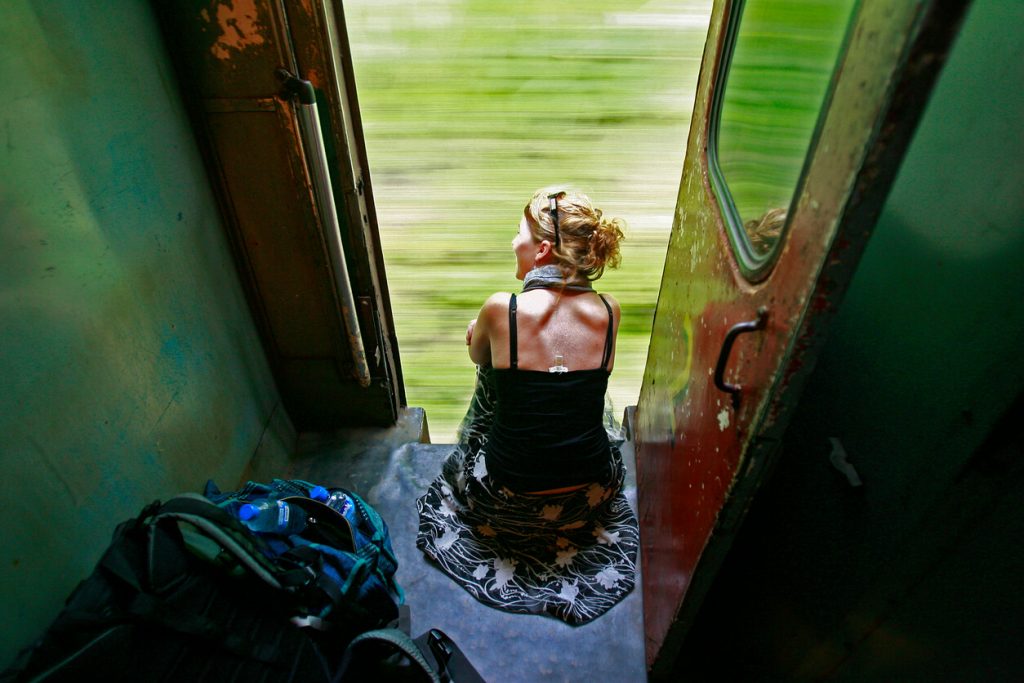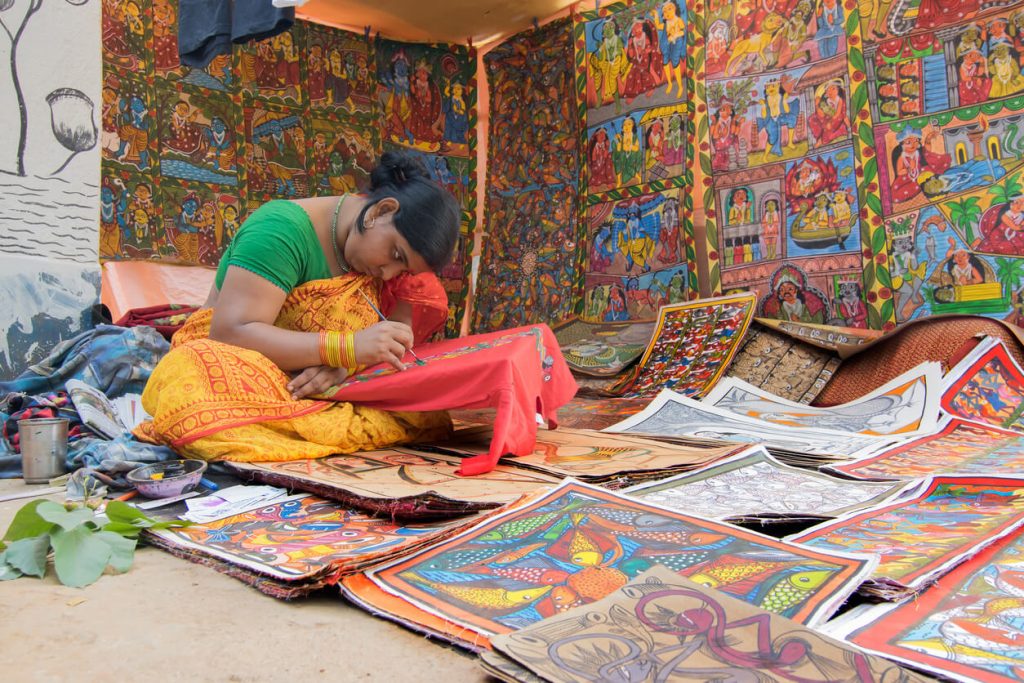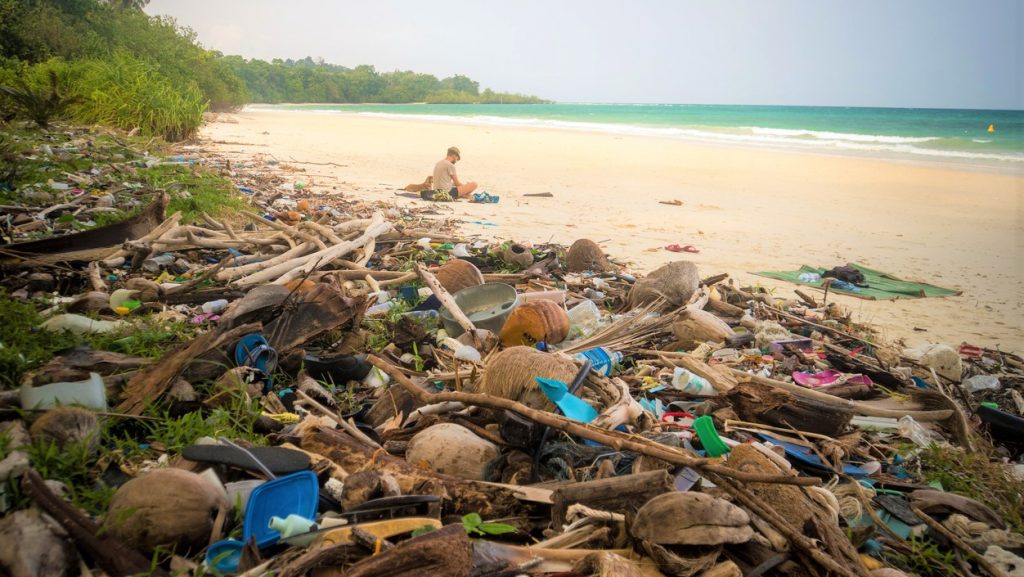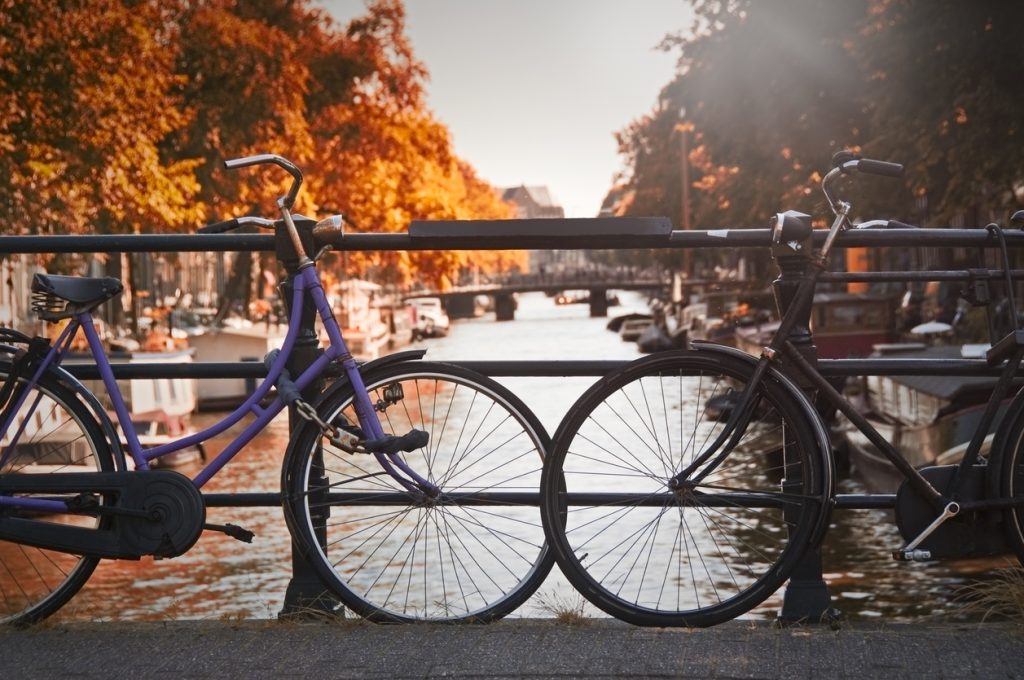We Millennials have been the talk of the town for all the wrong reasons. While we’ve been accused of “killing” everything from divorce and breakfast cereal to handshakes (what?!?), might we actually be the saviours of the environment? Amongst the things we’ve been accused of “killing” are the oil and hotel industries. Could this actually contribute towards sustainable tourism practices?
Why focus on Millennials for this discussion?
The reason to bring this generation to the forefront of this discussion is that Millennials form a significant portion of the world’s population today, and we are crucial in shaping the way things go. We are also a generation that cares more about experiences than material things (also probably because we can’t afford too many things material things ¯\_(ツ)_/¯ ). This is usually why you see this generation being more conscious of the way they do things and are often found looking for things that are new, offbeat or give meaning in some way. This brings us to travel, something that everybody is doing; something that can be new, exciting, offbeat and provide meaning at the same time.
Everybody travels for different reasons and in different ways. The Tourism industry is one of the fastest-growing sectors and also a significant contributor to the economy. However, this comes with its own implications on the environment and local culture. An increasing number of international and domestic travellers results in increased greenhouse gas emissions, generates more single-use plastic, and leads to disconcerting issues like mass tourism and increased waste production. The negative implications can just go on. So, what can we do? Stop travelling? Nope! I don’t think so. Travelling when done right can be immensely rewarding and actually help local communities and provide more meaning to our lives.
So what do we do to combat this problem?
One obvious suggestion would be to be conscious of the impact you are making and try to develop sustainable tourism practices. Sustainable Tourism is a movement that is slowly picking up. The goal of Sustainable Tourism is to help preserve the natural and cultural heritage, empower local communities, tackle environmental concerns, combat climate change and foster peace and intercultural understanding. *Phew* that’s quite the list! It can seem overwhelming but don’t be.
So, coming back to Millennials, as mentioned earlier, we make up the largest portion on the planet and we can make a significant impact and change the way we approach things. An emerging trend among Millennials is slow travelling which contributes to the sustainable tourism movement.
Slow travelling means going to fewer places and spending more time in each. This can include changing the mode of transportation like taking train journeys or the purpose of travel, such as staying at a destination while volunteering for a cause. Amidst the various Instagram hashtags and social media check-ins, we might not be seen labelling ourselves as environmentalists, but we feel strongly about environmental policy and making meaningful contributions to the planet.

Millennial or not, if you are yet to join the sustainability bandwagon, there are plenty of things you can do to contribute to a more aware society and make your travels more meaningful.
Here are a few suggestions for sustainable tourism practices:
Choose your souvenirs and purchases carefully
Unfortunately, there’s a marketplace for trafficking rare and endangered wildlife products as souvenirs. Which directly threatens the survival of many species in the wild. So, say no to jewellery, bags, and other products made out of coral reefs, hides, bones or teeth of various animals. The Hawksbill sea turtle is at risk of extinction due to the demand for its beautiful shell. I don’t know how anybody can be okay living in a world without turtles.
Similarly, try not to buy things that end up being ‘junk’ and tossed aside. Get things that are useful and long-lasting. Buy things you see yourself still having or using years down the line. Don’t buy stuff because it ‘looked nice’ at the moment, often when the novelty is worn off it ends up in the trash.
Purchase a local craft

If you have to shop or take souvenirs back, local crafts are a good bet. Buying local craft items has a profound impact on the local economy and it is highly sustainable. There are people who have passionately devoted themselves to learning the most incredible skills. It is necessary to preserve those skillsets by rewarding and incentivising the locals who wish to hone them. These items are usually not only unique but also useful and made using sustainable or environment-friendly materials.
Volunteer and Travel
If you have the time to spare or the urge to give back, volunteer tourism is the way to go. You can stay with communities, or on farms, sign up with a local NGO, or work as a teacher and give back to society. This way you can also stay longer at a destination and feel productive.
Refrain from using plastic and generating unnecessary waste

With a little planning, it is possible to decrease the usage of plastic while travelling. Single-use plastics like straws, plastic bags, and bottled water are some of the most harmful things to the environment. There are a few ways to combat this:
- Bring your own reusable beverage container, even on a plane and trains. Ask for it to be refilled with filtered water instead of buying water bottles. If you are concerned about the water quality, you can get bottles fitted with filters, buy water purification tablets or drops, or get portable water filters.
- Skip the free travel-size shampoos, soaps, and lotions provided by hotels, instead bring your own personal care products.
- Carry your own bag everywhere and do not accept plastic bags from vendors to put your purchases in. Cloth or jute bags are good alternatives.
- Avoid using straws and plastic takeaways. Look for alternatives like metal, bamboo or paper straws. As much as possible try to dine in and avoid plastic takeaway boxes. If you’re staying longer at a destination you can even carry a lightweight box with you that you can use to carry leftovers or ask to pack take away in.
- Don’t forget to collect recyclables to bring home or dispose of in a safe place.
- If you can’t find the time or the place to recycle, then dispose of your trash in an appropriate place or carry them with you till you find a garbage can. Do not litter! Ever!
- Look for accommodation, restaurants, shops, etc that are environmentally conscious and provide you with alternatives for plastic.
You can also read this article on how to reduce plastic pollution while travelling.
Types of transportation

One of the things that contribute the most to sustainable tourism practices in the type of transportation we use. When travelling, try your best to use bicycles, public transportation, or just plain hoof it. Avoid taking cabs or car and motorbike rentals as much as possible. If using a car is unavoidable, then try your best to carpool.
Eco-tourism and Pro-poor tourism
Have your itineraries include a lot of nature, trekking, hiking etc that doesn’t involve vehicles and therefore contribute to eco-tourism where the focus is on enjoying nature at its best. Pro-poor tourism is when you travel to a place that requires your assistance, be it in terms of food, helping build houses, or contributing to the overall economy of a poor society.
Choose your destination thoughtfully
We’ve spoken about mass tourism, we’ve spoken about why cruises aren’t such a good idea and we’ve spoken about whether we should boycott places based on their unsafe, unethical or harmful practices. So choose your destination wisely. Don’t contribute your carbon footprint to places that are already suffering and groaning under the weight of overwhelming numbers of people. Postpone going to places during dry seasons when there are water shortage issues. Don’t support places that cause harm to animals or treat them cruelly for entertainment purposes. Avoid places that are highly commercial or step on the livelihoods of the local communities. Be conscious of the decisions you take.
Pick up plastic and other non-biodegradable substances

Often while travelling, especially in natural surroundings I have come across lots of garbage left behind by others. There is nothing more saddening than taking a walk through a forest and coming across plastic wrappers and water bottles. The same goes when I go diving and see plastic on the ocean bed. As much as possible, I try picking up what I can and then dispose of it in a suitable place. And most of us might think ‘why should I pick up after somebody else?’ it’s a fair point, but you should let your love for your surroundings and nature trump your ego.
Additionally, carry a small bag to put in your own thrash, this comes in handy when you are travelling places where you might not easily come across a trash can.
Be conscious about what you consume
Try your best to eat locally grown and sourced food. Is it really vital to eat something in a foreign land that they had to import from across the world when there are plenty of local options available? It is only understandable in the case of certain countries, especially island nations, where they can’t grow too many varieties of food due to their geographical limitations or conditions pertaining to soil and climate. These are, of course, exceptions.
And a lot of you might roll your eyes at this, but, it has to be said – eating less meat would really help the planet. There are plenty of proven studies and articles from reputed sources to show that a plant-based diet is far better for the planet. I’m not saying turn vegan or vegetarian completely. But see if you can reduce the amount of dependency you have on meat. You can start by having one meal in a week that’s wholly plant-based or reduce the portion of meat in a given meal to make room for more vegetables and whole grains and you can go in a more positive direction from there. This is not only sustainable but is beneficial for overall health.
Lastly, think of the snacks, sodas, beverages etc that you consume. All of them come in single-use plastic containers that end up polluting the place. Again, I’m not asking you to cut them out of your life completely but see if you can buy those that come in more environmentally friendly packaging or seek healthier substitutes such as a fruit juice or smoothies instead of a bottle of Coke.
Wait, don’t get frustrated! Keep learning and asking questions
By now it must seem like ‘ugh, so many rules! Can’t we do anything fun? Why do you have to be such a bummer? I just want to enjoy my vacation’. These are all fair statements, after all, above and beyond all other reasons, we travel because it is fun, and what is fun differs from person to person. So before we feel like we need to boycott everything or it takes way too much effort to research what is sustainable and isn’t, here are some things to keep in mind before you feel frustrated.
- You don’t have to do all of this at once
- You can start small and keep growing more sustainable
- It is okay to make a few mistakes. When we retrospect and realise we’ve contributed to something awful, we feel bad. That’s okay. Just don’t repeat it. We live and we learn.
- Ask questions. Chat up with a friendly member of staff at your hotel and ask if they recycle, ask a local what they feel about tourists and if there’s anything they feel tourists should be mindful of, ask a restaurant staff member if there are organic, locally sourced options for your food, be a part of discussions and forums, follow social media pages and influencers who actually care about the larger things in life and not just the ones posting photos for likes.
Learn from your experiences and aim to be better.
Be a good example
This is probably the most crucial of all sustainable tourism practices. We mostly love to say things should be such and such a way but how often do we actually do it ourselves? It’s okay to start small but start somewhere. Doing by example is the best way to convert more people to work with you. For eg: start picking up garbage in a crowded place, when people notice you do it, chances are at least a few people from the crowd will follow your example and help out, at best it might make people feel guilty and they might refrain from littering in future. The Ugly Indian group is an amazing example of this.
So in conclusion, take small steps, create awareness, set good examples, and overall always remember we share this planet with other creatures and we need it at its best health to ensure our continued existence.
These are just some ways to get started and ensure sustainable tourism. But the only way we can be truly sustainable is if everybody feels it is their responsibility to contribute. When we think back on our choices and actions, are we really following a sustainable model? When it comes to the question “Do I Really Care About Sustainable Tourism Practices?” the answer usually falls on either end of the spectrum. Either you care or you don’t.
So, you? Are you in or are you out?

